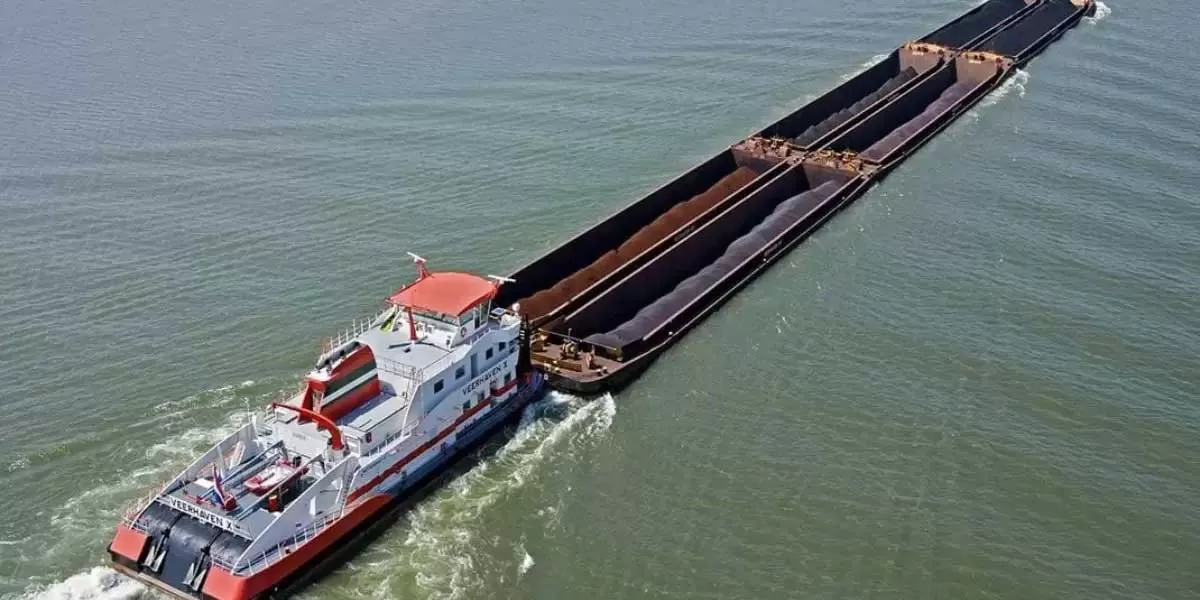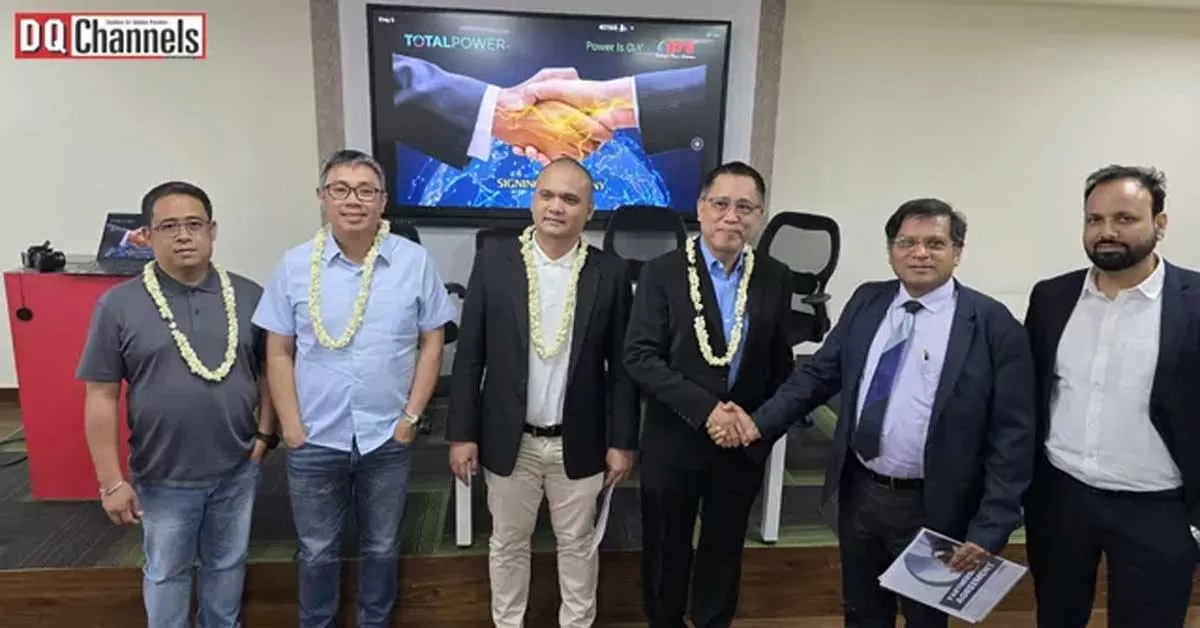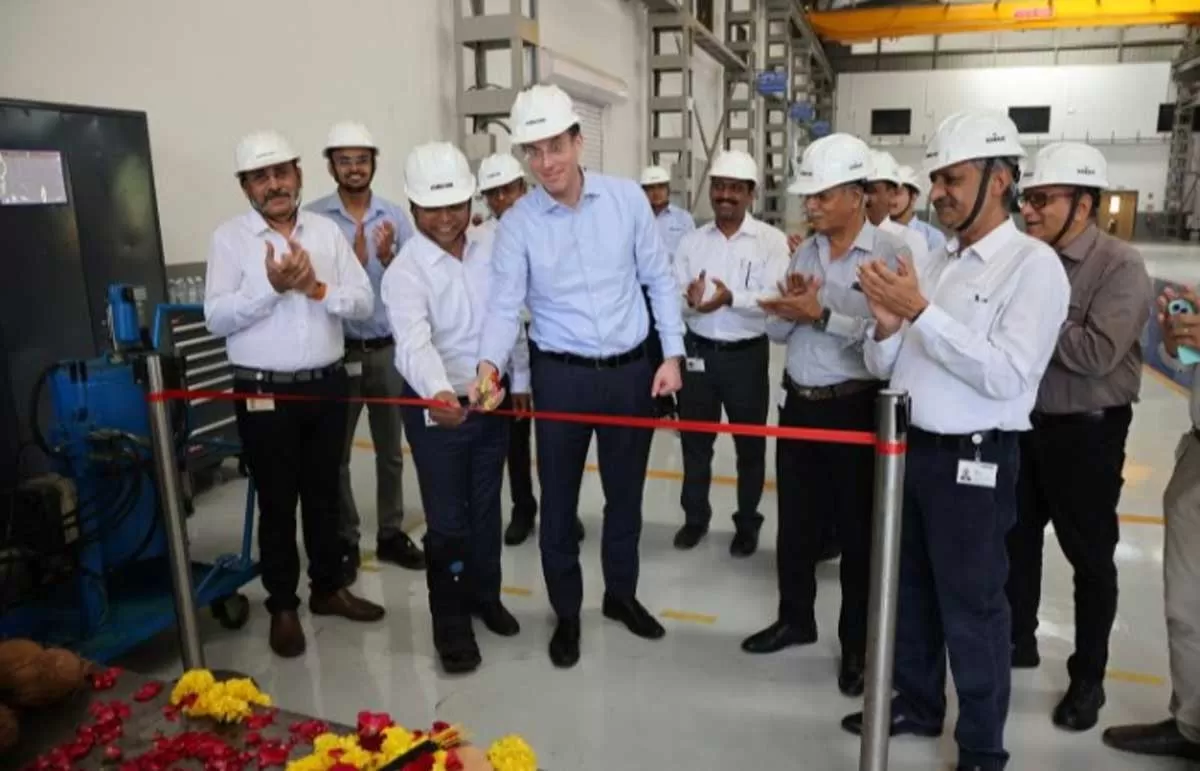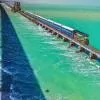
Govt may Offer 35% Subsidy for Goods Transport via Inland Waterways

vVyom By Shuchita Unveils Sustainable Cushion Line, Wild Whispers
vVyom by Shuchita, the Jaipur-based sustainable luxury brand, has launched Wild Whispers—a new collection of handcrafted cushions inspired by India’s wilderness and traditional artistry. Merging age old artistry with modern aesthetics, the collection offers refined décor pieces for homes that value conscious elegance. Each cushion is made from 100% linen, chosen for its breathable and durable properties. The designs feature hand-painted motifs, meticulous embroidery, and a rich colour palette of earthy tones, deep jewel hues, and gold accents. These cushions are crafted to enhance diver..

BPE Partners With TOTALPower To Expand Across ASEAN Energy Sector
Best Power Equipments (BPE), one of India’s leading power solutions providers, has entered a strategic partnership with TOTALPower, a prominent energy player in the Philippines, to deliver world-class infrastructure solutions across the ASEAN region. The partnership will boost energy resilience for data centres, commercial setups, and industrial facilities. The agreement was formalised at BPE’s Experience Centre in Noida, during a visit by TOTALPower executives. The event included demos of BPE’s UPS systems, energy management platforms, and power backup technologies that will soon be d..

Ammann India Inaugurates ABG Screed Assembly Station and ASRS
Ammann India, one of the leading concrete equipment players in India, has inaugurated its new ABG Screed Assembly Station and Automated Storage and Retrieval System (ASRS) at its advanced manufacturing facility. The event was graced by Hans-Christian Schneider, Group CEO of Ammann Group, alongside the leadership team led by Dheeraj Panda, Managing Director of Ammann India. The ABG Screed Assembly Station is set to enhance operational efficiency and ensure high-precision assembly, reinforcing Ammann’s commitment to delivering world-class paving solutions. This new station reflects the compa..














